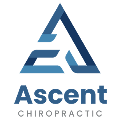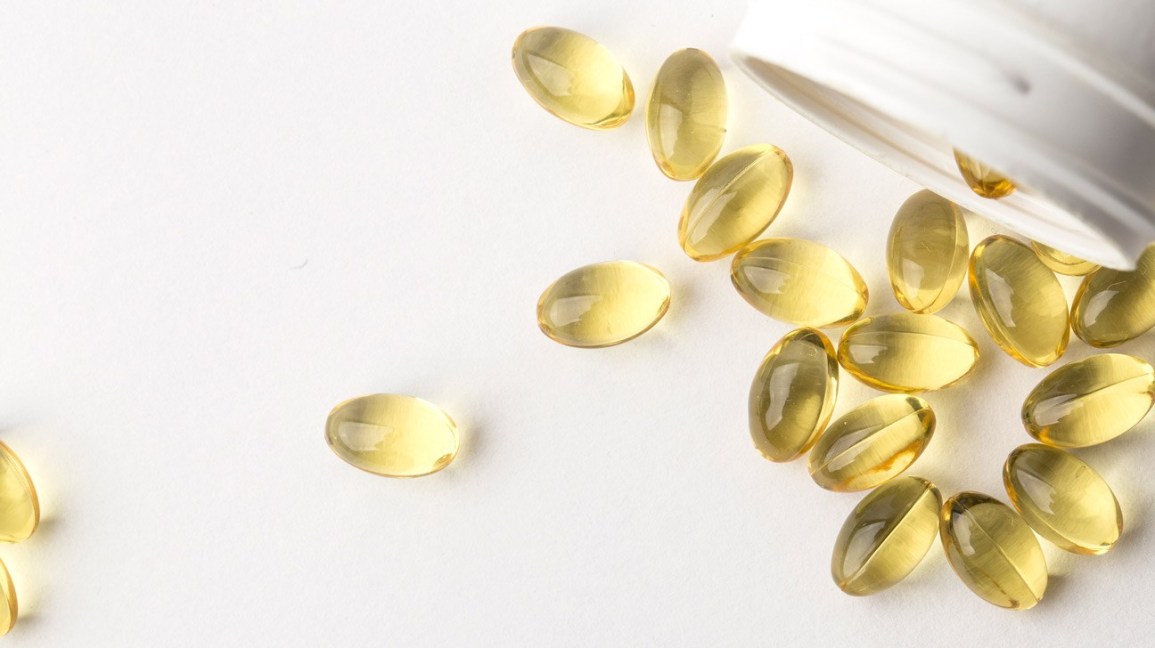By registered Naturopath Mike Eyres
Fish Oils in the news (again)
Omega 3 fatty acids in the form of fish oil or algal oil are one of our most frequently prescribed supplements here at my remedy. With fish oil making the news again recently in a negative light we thought it was time to review why we prescribe these nutrients every day and reassure you that they are safe and effective. In this article we will also review what they do in the body and how to get the most out of your supplement.
Firstly, to address the recent headlines:
“Fish Oil is snake oil”, “Fish oil is rancid”, “Fish oil not true to label” are the headlines you may have seen or heard about. But don’t worry, as usual these headlines are to grab attention, cause controversy and are not based on facts.
The most recent study that made the news has now been retracted once it came to light that there were major flaws in their calculations and that in actual fact there was no issue at all with the products tested. Oops.
A similar challenge from top researchers in the field was raised regarding the fish oil rancidity study from a few years ago. The industry experts claimed that the analytical technique used in the study was flawed leading to erroneous results. Subsequent independent testing of various fish oil products on the market has shown that there is no oxidation/rancidity issue at all. Once again “Oops” and a lot to do about nothing.
So are there actually any quality issues to worry about with fish oil supplements? Whilst there are not overt safety concerns, we believe there are still quality concerns worth knowing about and we will explain below how to choose a quality effective supplement below. But first let’s review why we need omega 3’s and what our bodies use them for.
Why we need omega 3 fatty acids
Omega 3 fatty acids along with the omega 6 fatty acid linoleic acid are called “essential fatty acids”. This is not to be confused with essential oils which are something else entirely.
Essential fatty acids are fats that our body cannot make, but are vital to health and must be obtained through diet. A deficiency of omega 6 is rarely seen these days as it is a nutrient widespread in food.
For omega 3’s it gets a bit trickier. In actual fact only the plant based alpha-linolenic acid (ALA) omega 3 fatty acid is considered truly essential. This is because the “long chain omega 3 fatty acids” like EPA and DHA that are known to be the heavy lifters as far as health benefits are concerned can be made from ALA in the body.
Unfortunately the biochemical processes that convert ALA into EPA and DHA don’t work so well in the human body with only tiny amounts of DHA and EPA produced from even high intakes of ALA. It is for this reason that EPA and DHA have been termed “conditionally essential” What this means in very simple terms, in my opinion, is that most people should be supplementing their diet with EPA and DHA or eating oily fish and shellfish on a very regular basis (several servings a week).
A note for vegans
It is currently common for vegans to be getting all of their omega 3 fatty acids from dietary ALA (in the form of flaxseed, hemp seed or walnut oil as examples). For some people who are poor producers of EPA and DHA due to genetics or inflammatory disease this will not be enough and they will be at risk of long chain omega 3 deficiency. If you are vegan you might want to consider an algal oil supplement that would provide some preformed EPA and DHA in addition to having your ALA food sources. Today’s algal oil supplements are equivalent quality to fish oil derived omega 3 and are produced sustainably.
What do omega 3’s do for our health
The long chain omega 3 fatty acids are present in highly specialised membranes as in the neuronal synapses in the brain. Long chain omega 3’s are therefore considered essential for normal brain growth and development.
As integral components of all cell membranes, Long chain omega 3’s play a key role in cellular signalling and have a broad range of biological actions and play a key role in protection from many diseases. Recent research spurred by the medicinal cannabis industry has revealed the role that omega 3 fatty acids have in supporting our endocannabinoid system known to be vital in optimising the function of our immune system and in regulating our moods.
One of the key therapeutic effects of supplemental long chain omega 3’s is their effect on inflammation. In actual fact, omega 3 fatty acids work quite differently to pharmaceutical anti inflammatories. Omega 3’s actually work with the body’s physiological processes to resolve inflammation naturally as compared to shortcutting the process like anti inflammatory drugs do.
It is the inflammation resolving effects that are thought to be responsible for omega 3’s benefits for conditions such as diabetes, cardiovascular diseases, and autoimmune diseases.
What are the quality issues with fish oil products?
Fish oils made in New Zealand and Australia are most likely to be safe to consume, and will be true to label in terms of their omega 3 content. However, like any product out there on the market, there is going to be a range of quality and we believe choosing a high quality omega 3 supplement is well worth it.
Current quality concerns regarding omega 3 quality include:
- Dose – cheap products often do not contain enough EPA and DHA to be effective
- Freshness – Products stored for a long time or exposed to heat may become oxidised
- Impurities – Not all products are batch tested for impurities like heavy metals
- Sustainability – Not all products have a sustainable certification
How to choose a quality fish oil
We would love for our customers to purchase their omega 3 supplements through us at my remedy. We use only practitioner only brands that use sustainably harvested fish, have a secure and temperature controlled supply chain, that batch test for impurities and that contain therapeutic doses of long chain omega 3’s. So you can have absolute confidence that you are purchasing a safe and effective product. We bring in new stock multiple times a month so you can be assured the products are fresh. We are so confident in the quality of the products we stock that you can chew the soft gels, there is no “fishy flavour” at all. This is the sign of a truly fresh and clean fish oil.
If you are looking for quality fish oils over the counter follow these guidelines or ask your health professional for a recommendation.
- Only buy from retailers that you trust. Ask them about their supply chain management.
- Research the brands and identify ones that test each batch for impurities
- Check the brand you are buying has a sustainability certification
- Ideally choose a product that is made in NZ or Australia – less shipping = fresher product
- EPA and DHA should be over 50% of the triglyceride content as marked on the label
How to maximise the benefits of your fish oil
As with any medicine or supplement, ideally you want to do everything you can to improve the bioavailability and the effectiveness of the product. Here are some tips and tricks to help you get the most out of your fish oil
Consume omega 3 supplements with a meal – Research shows that the absorption of omega 3 supplements is enhanced when they are taken with food. Ideally this meal should also contain some fat (about 10grams or mls). This works because the digestive system needs the signal of eating food and sensing fat or oil in the mouth to produce the enzymes that digest oil in the gut and allow it to be absorbed into the bloodstream
Reduce your intake of Omega 6 fatty acids – A high intake of omega 6 leads to high omega 6 in the body which opposes the action of omega 3’s. This can lead to an inflammatory state in the body. Most people eating a western diet consume too much omega 6. Reducing your omega 6 intake at the same time as increasing omega 3 intake will increase the rate at which omega 3’s are incorporated into cell membranes and will reduce inflammation levels.
The most common source of extra omega 6 fatty acids come from the following sources:
- Vegetable cooking oils (eg canola, sunflower, rice bran)
- Processed foods
- Fried foods and takeaways
- Baked goods (cakes, biscuits)
Healthy sources of omega 6 to keep in the diet include
- Fruit oils (olive and avocado)
- Nuts and seeds in their wholefood form
Do increase your dietary intake of plant based omega 3 – Eating plant based omega 3’s in the form of flaxseed, hemp seeds, and walnuts does help support the balance of omega 3 : omega 6 in the body and will make your DHA/EPA intake more effective.
Take Home Messages
- The recent scare mongering articles related to the rancidity or false labelling of fish oil products have been debunked and their findings should be ignored
- There is a wealth of scientific literature supporting the effectiveness of supplemental omega 3 oils for supporting optimal human health
- Vegans should consider algal oil as a source of the long chain omega 3 fatty acids EPA and DHA
- Only purchase fish oil products that meet our quality criteria
- Consume omega 3 supplements with meals and reduce your omega 6 intake to increase their effectiveness
- Consume plant based omega 3’s from wholefood sources in addition to DHA and EPA






